Rwanda Accelerates Renewable Energy Transition as Demand Surges
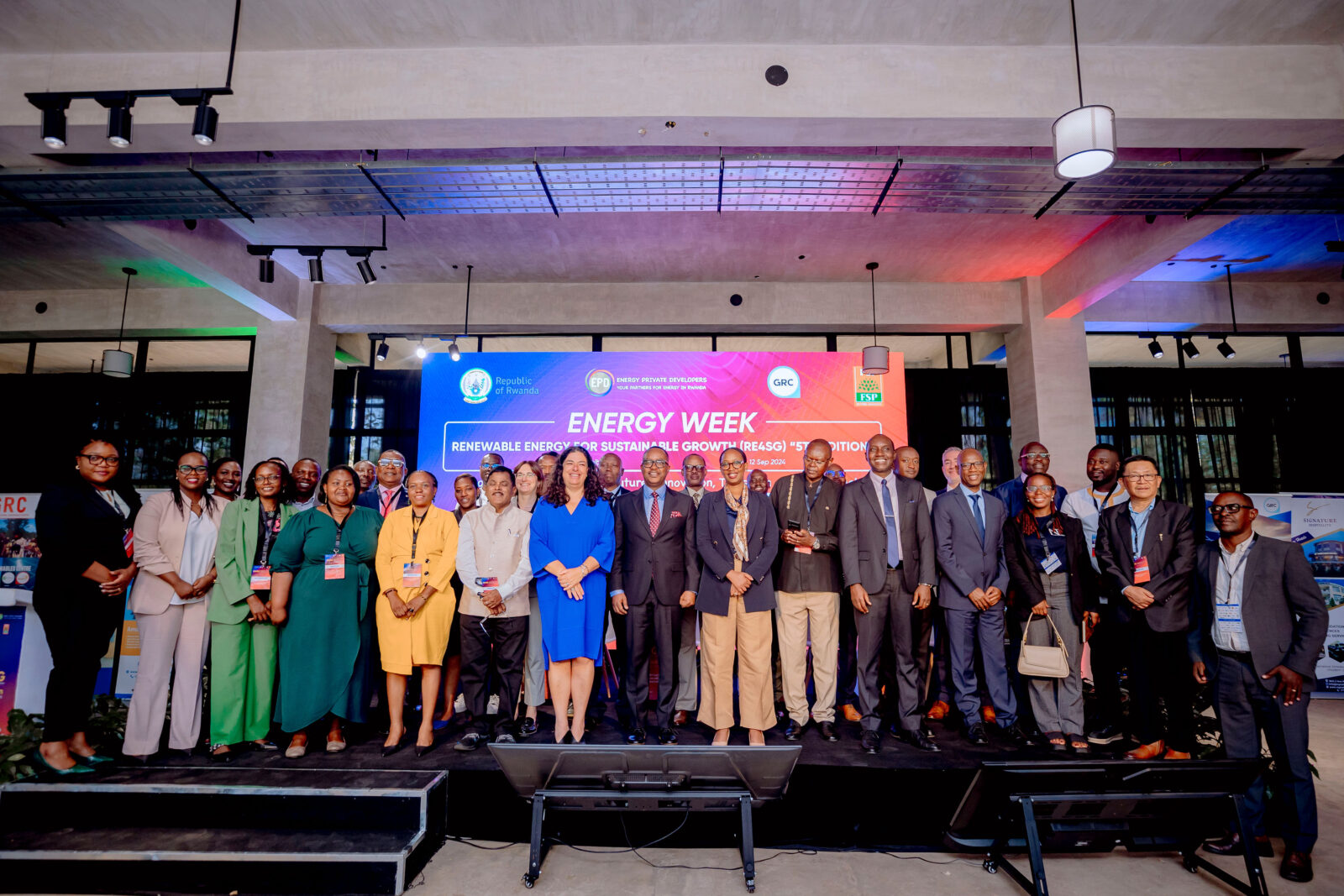
Rwanda is stepping up efforts to expand its renewable energy capacity as demand for electricity continues to outpace supply, government officials and private sector leaders said during the launch of Energy Week 2025 in Kigali.
Opening the fifth edition of the Renewable Energy for Sustainable Growth Conference and Exhibition on September 9, State Minister for Infrastructure Jean de Dieu Uwihanganye urged Rwandans to embrace renewable energy solutions, particularly rooftop solar, to help accelerate the country’s energy transition.
“People are encouraged to use their rooftops to generate electricity by installing solar panels. These systems are now much more affordable than they used to be, thanks to advances in technology,” Uwihanganye said. “In the past, solar power was expensive and difficult to adopt, but that has changed. Today, we want households to use the sun to generate power for cooking, heating water, and other daily needs.”
He added that as renewable energy use expands, electricity costs are expected to fall. Rwanda’s seven-year government plan targets renewables to account for 50 percent of the national energy mix, a share that is expected to grow beyond 2050.
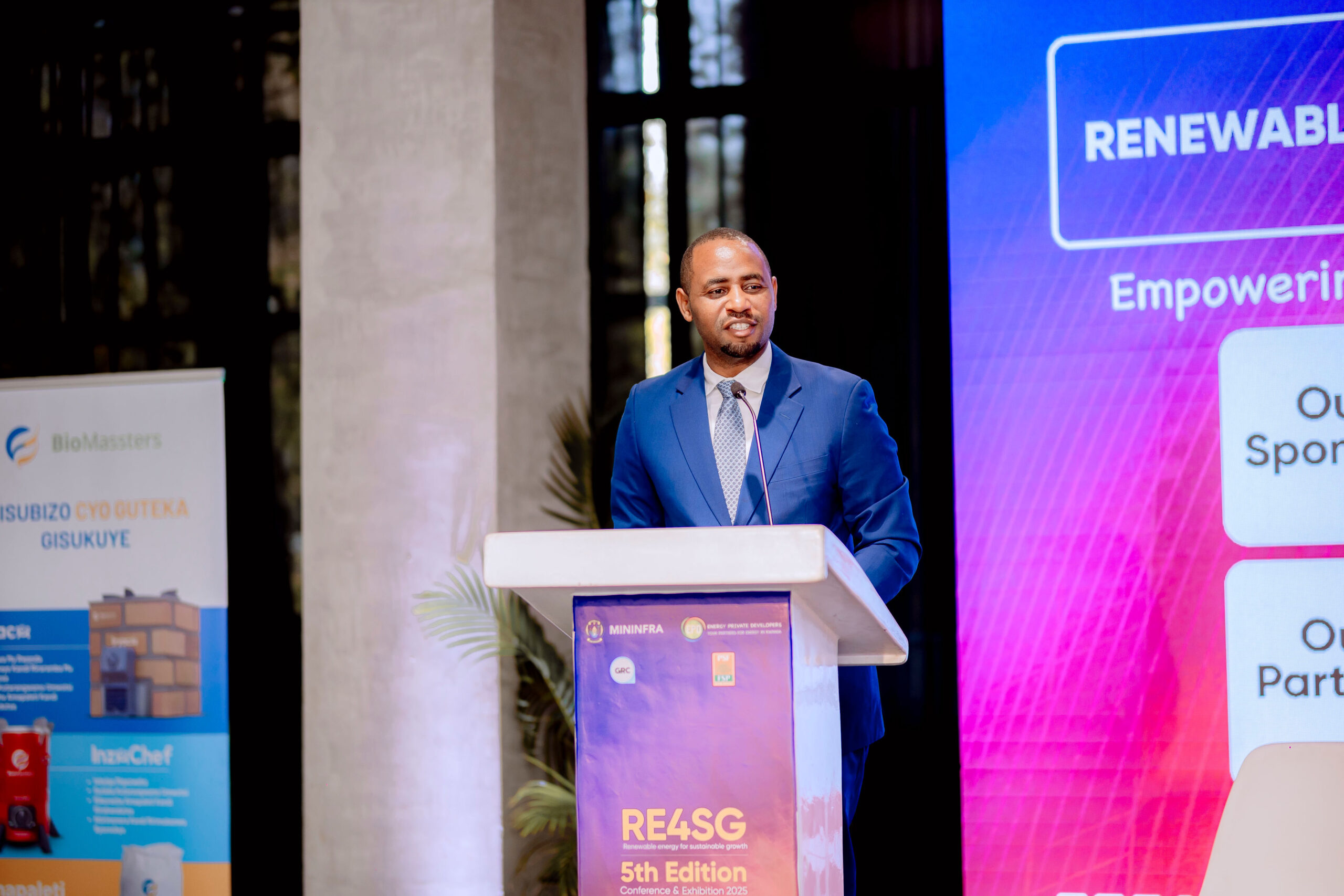
Currently, the country has just over 400 megawatts of installed capacity, with plans to scale this to more than 3 gigawatts by mid-century.
Exploring new sources
At the conference, Dr. Ivan Twagirashema, Chairperson of Energy Private Developers (EPD), highlighted the potential of diversifying renewable sources.
“Renewable energy can come from the sun, rivers, wind, and even plants that produce biofuels. In some countries, sugarcane and other crops are used to make fuel for vehicles. This is an area Rwanda can also explore,” Twagirashema said.
He noted that innovation is central to expanding the sector, with advances in digital tools such as robotics, artificial intelligence, and drones opening new possibilities for managing and scaling renewable systems.
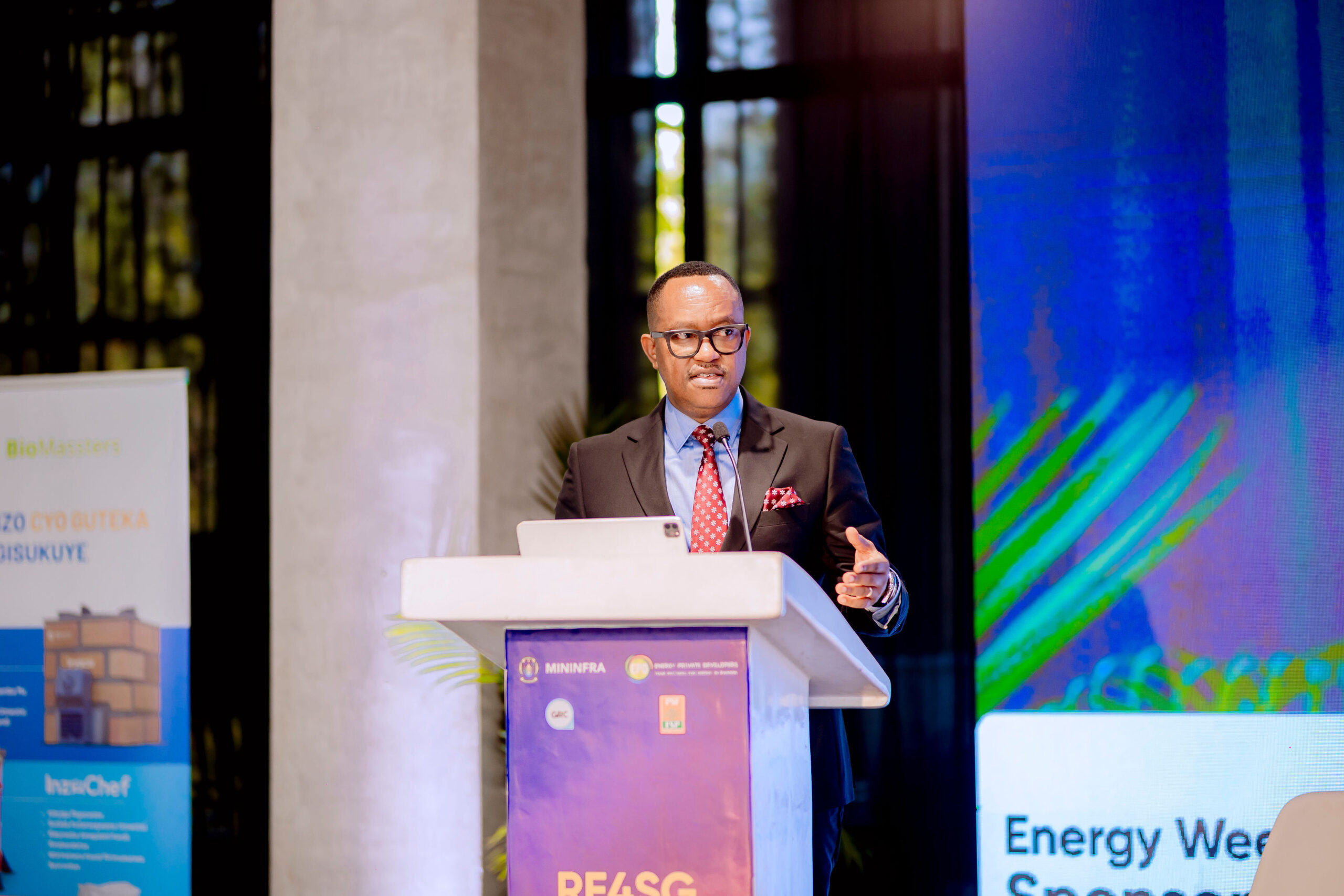
Climate action and affordability
Environmental experts stressed that renewables are also key to climate action.
“Fossil fuels like coal and petroleum are the main drivers of global warming. Even though Rwanda is not highly industrialised, we are still affected,” said Faustin Vuningoma, Coordinator of the Rwanda Climate Change and Development Network (RCCDN). “Shifting to renewable energy is not just necessary; it positions us as an example for Africa and the world.”
The government maintains that affordability will remain a guiding principle. Uwihanganye pointed out that renewables, particularly solar, are already cheaper than fossil-fuel alternatives and align with Rwanda’s broader strategy to cut reliance on firewood and other polluting energy sources.
Private sector role
Private companies showcased their innovations during the event, including solar distribution and off-grid solutions.
Christella Uwamahoro, Business Lead at solar company Munyax Eco, said progress has been made since they began operations in 2013, but challenges remain.
“Taxes have been eased, which helps. But we still face issues such as limited financing and lack of access to grants. Banks offer short repayment periods, which is tough for our kind of business. We also need more young tech talent to help us innovate,” she said.
Twagirashema, of EPD, added that renewable energy is now indispensable. “Without power, you cannot use a phone, a computer, or modern technologies. Our aim is for renewables to dominate that energy mix.”
Regional collaboration
This year’s Energy Week drew participants from across Africa and beyond, including Malawi, Zambia, Nigeria, China, the Netherlands, and the Democratic Republic of Congo. Organizers stressed that the event is no longer just a Rwandan gathering, but a continental platform for learning and cooperation.
“There is an ambition to provide electricity to 300 million people in Africa by 2030. That is why we brought partners from across the continent—to learn from one another,” said Serge Wilson Muhizi, CEO of EPD.
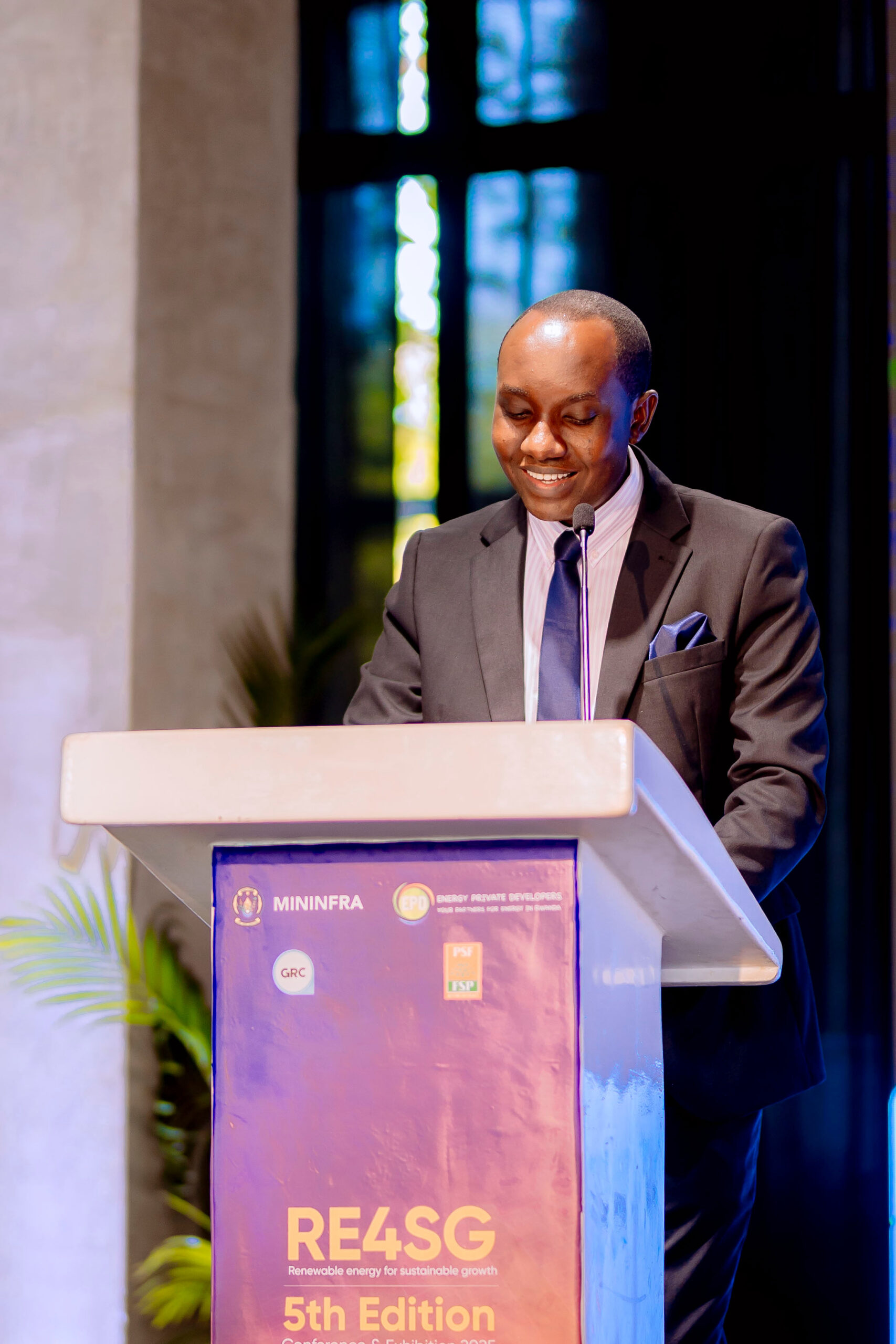
For entrepreneurs, the networking and knowledge exchange were just as valuable as business opportunities. “Listening to the experiences of others helps you find solutions to your own challenges,” said Anita Umutoniwase, Managing Director of Eco Green Solutions Ltd.
Toward universal access
According to the Rwanda Energy Group (REG), by February 2025, 82.2 percent of households had access to electricity, with 57.4 percent connected to the national grid and 24.8 percent using off-grid systems such as solar.
By 2030, Rwanda aims to achieve universal electricity access, source at least 60 percent of its energy from renewables, and cut household reliance on firewood to 42 percent.
Launching the week-long event, Minister Uwihanganye said: “This platform brings together key partners—from the private sector to development agencies—to collaborate on advancing the energy sector. It offers a unique opportunity to explore, learn, and engage with state-of-the-art technologies. Together, we aim to strengthen cooperation and accelerate progress toward the energy goals we have set for ourselves.”
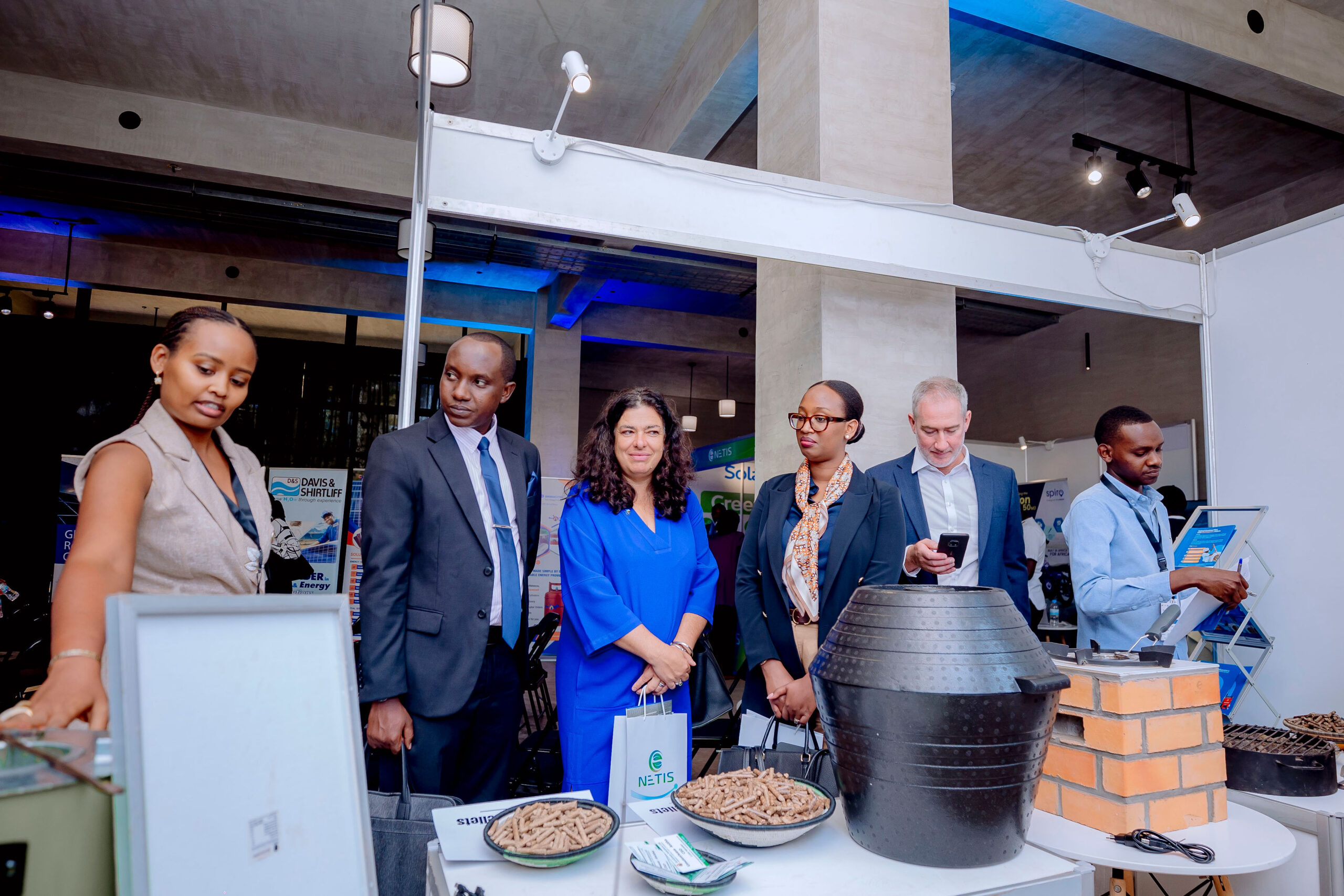
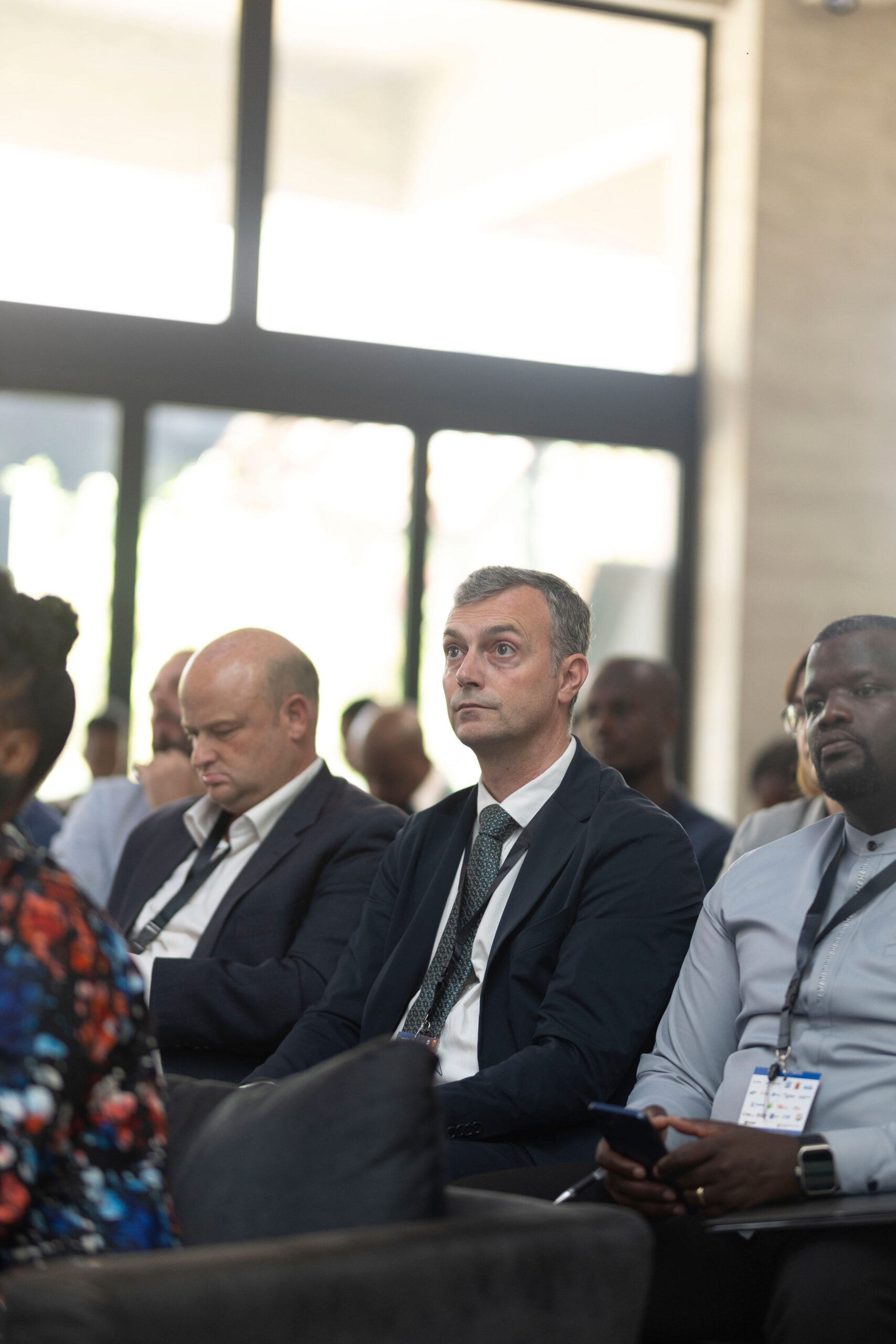

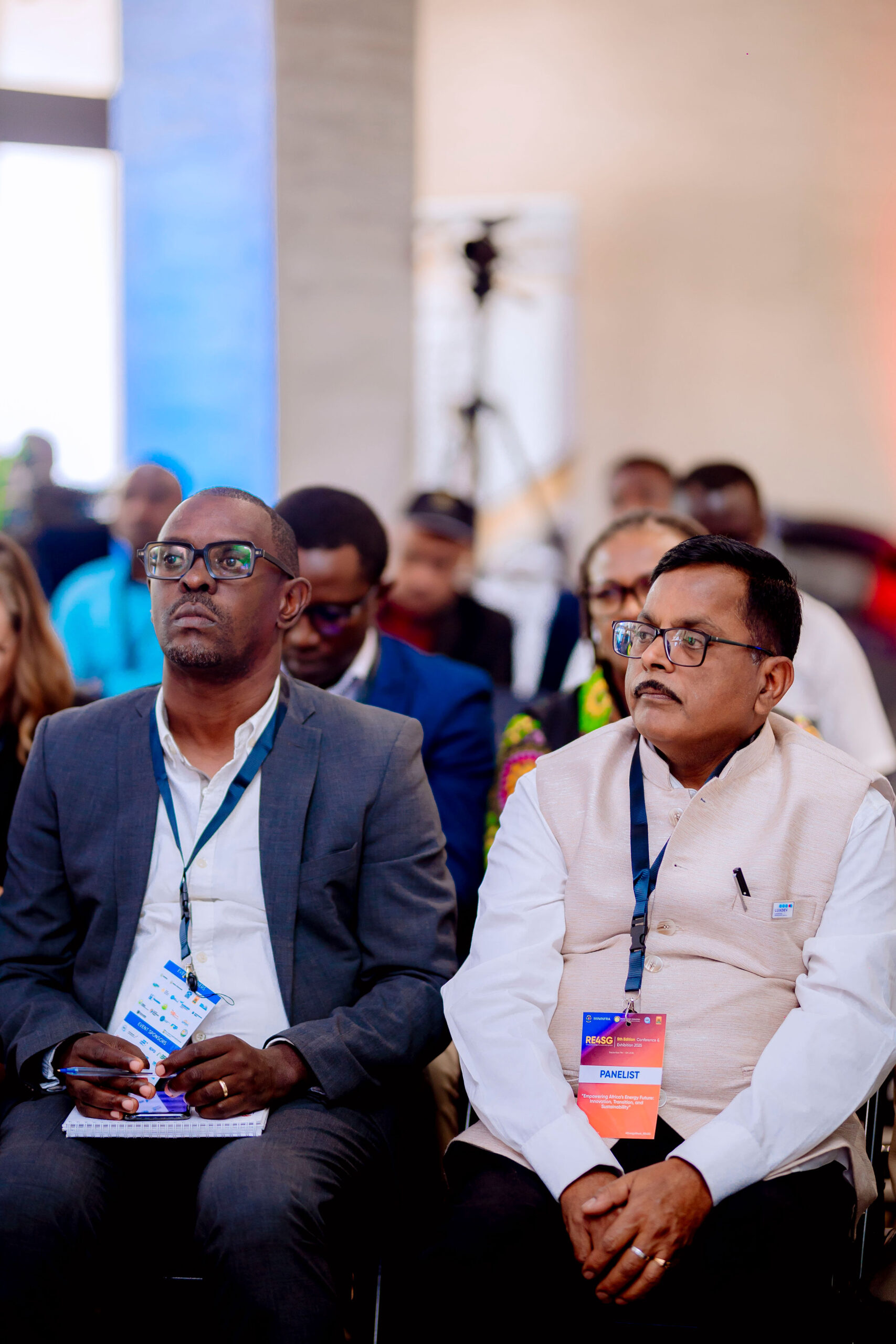

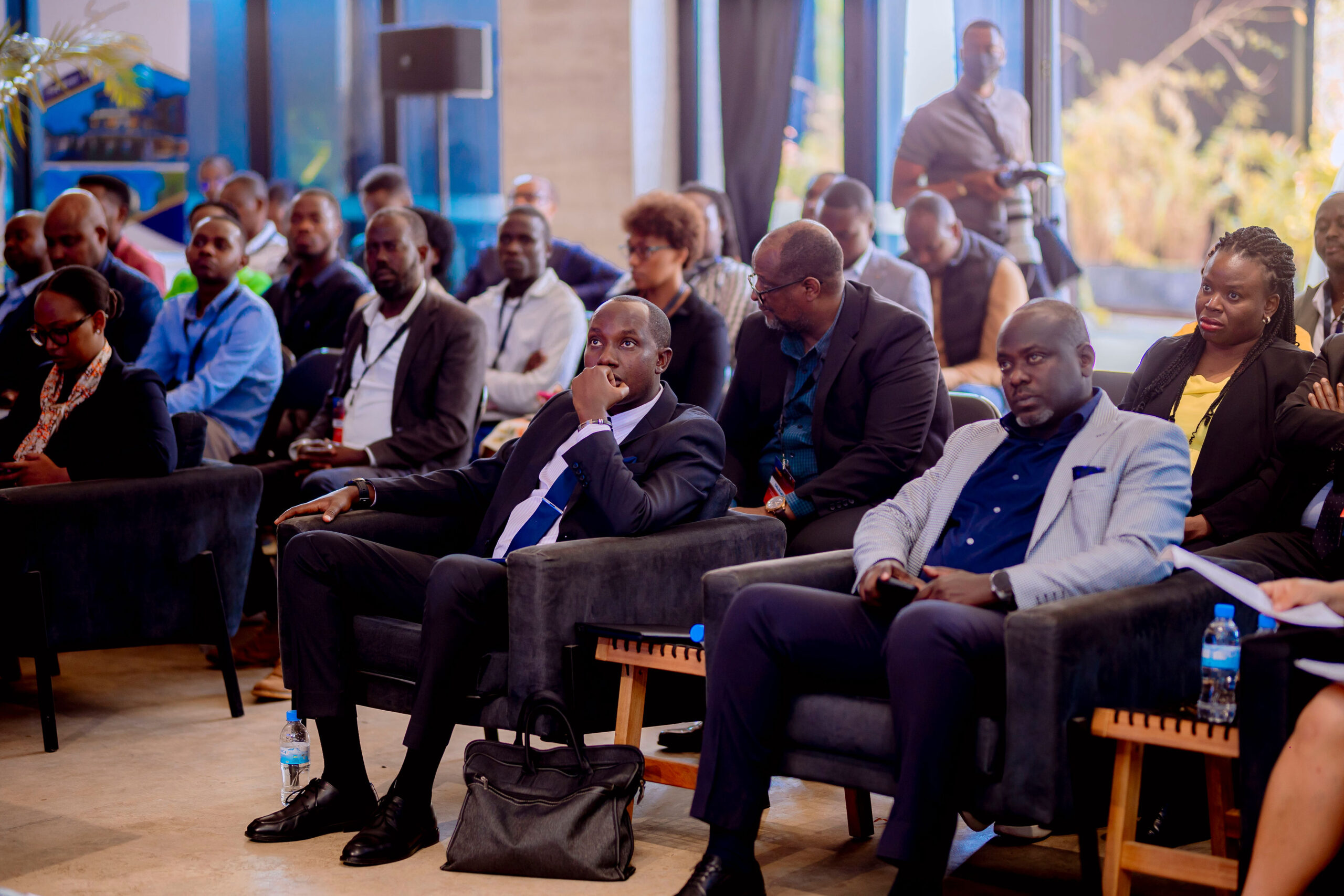
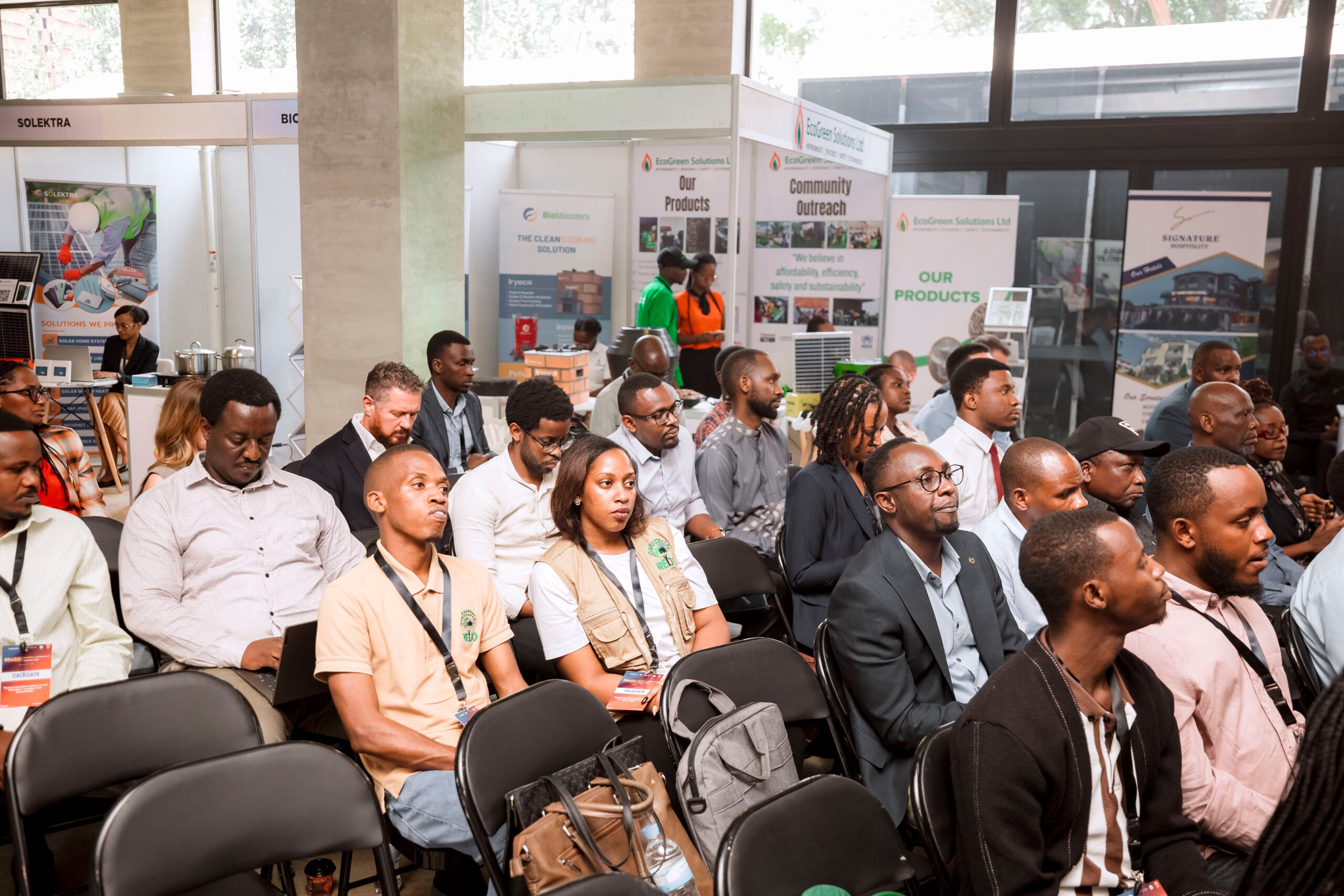
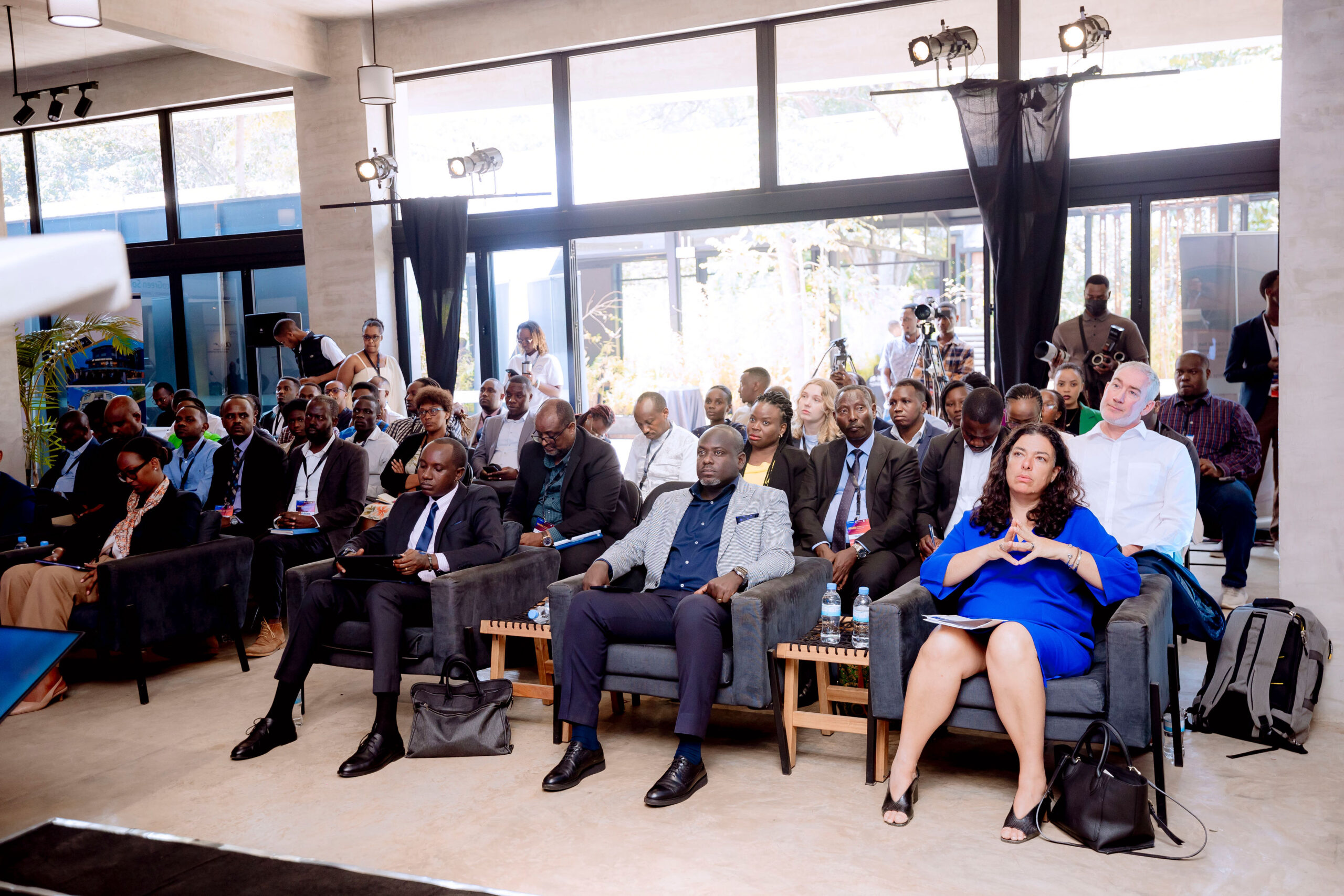
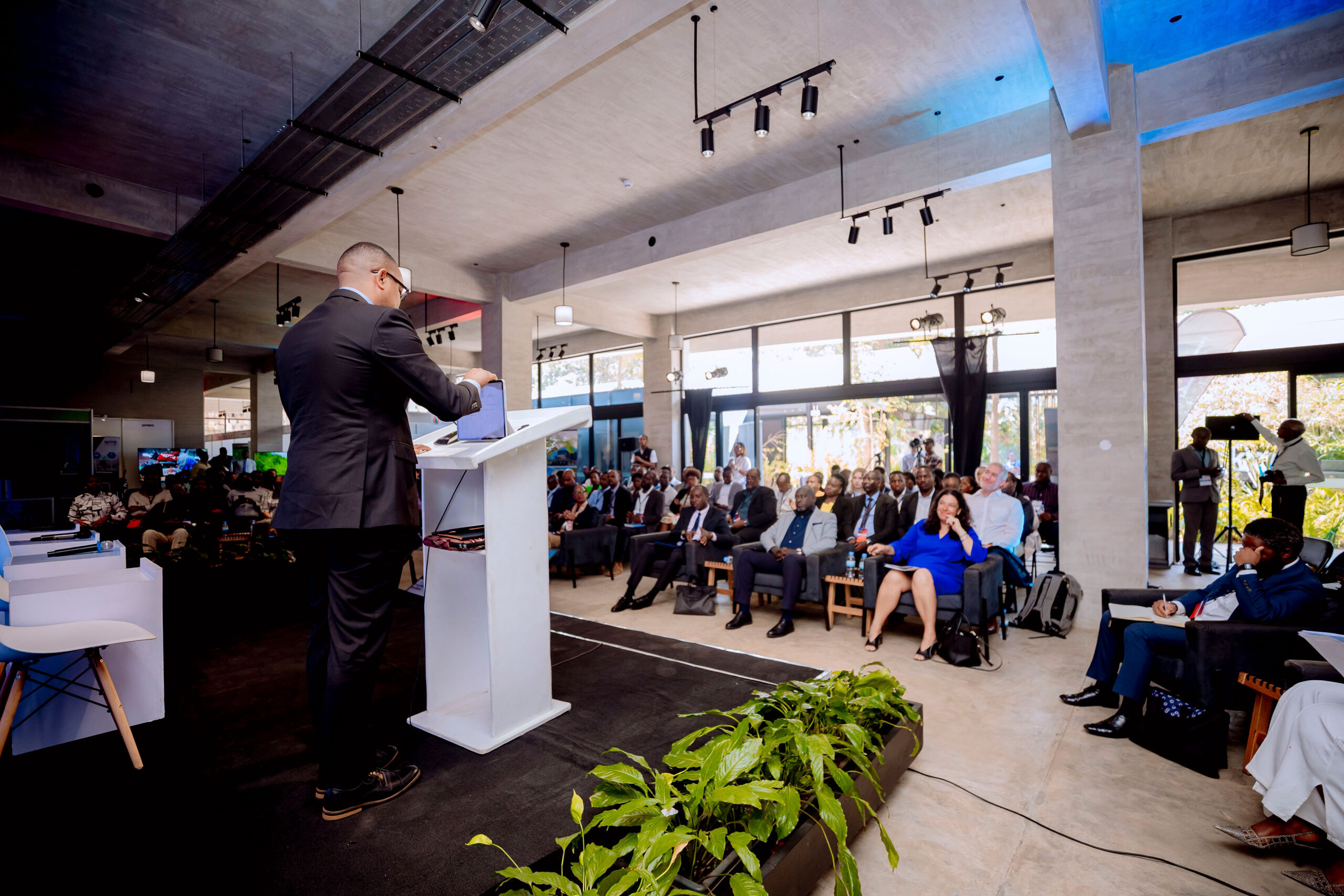

For more pictures, click here
Related Articles
Strengthening Rwanda’s SMEs for Circular Food Systems: Embedding Circularity Beyond Project Implementation for Long-Term Transformation
As Rwanda advances its circular economy ambitions, small and medium-sized enterprises (SMEs)...
Powering Food, Restoring Land: How Renewable Energy and Regenerative Agriculture Are Transforming Rwanda’s Farms
Across Rwanda’s rolling hills, a quiet revolution is underway. It begins in...
Late February Weather Alert: Heavy and Above-Average Rainfall Forecast Across Rwanda
The Ministry in charge of Disaster Management (MINEMA) has issued a weather...
GBOX Launches AI Literacy Initiative to Support Rwanda’s Digital and Sustainable Development
A new Artificial Intelligence (AI) literacy program has been introduced last week...





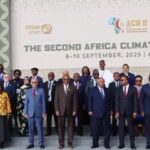
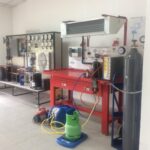


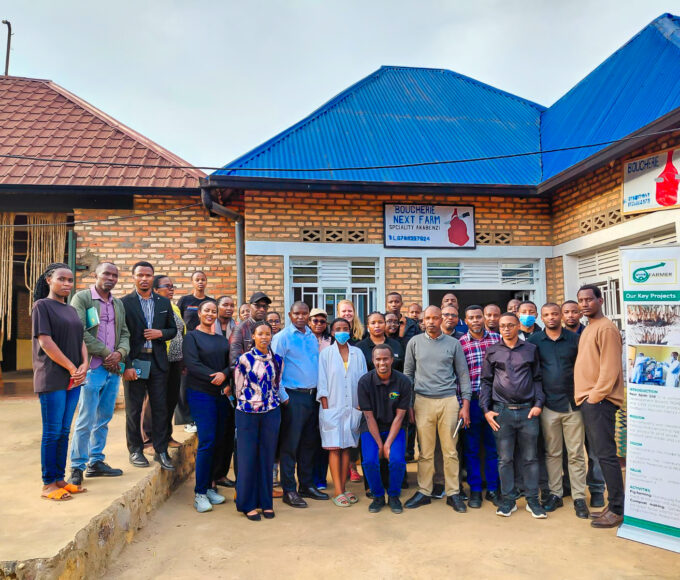

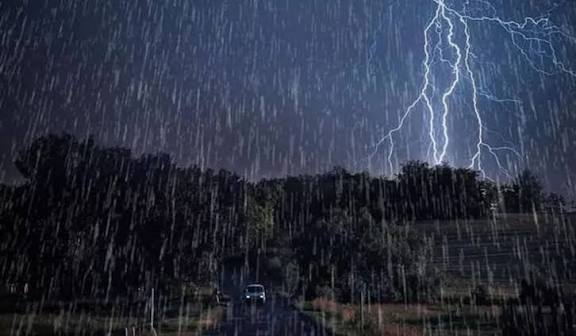
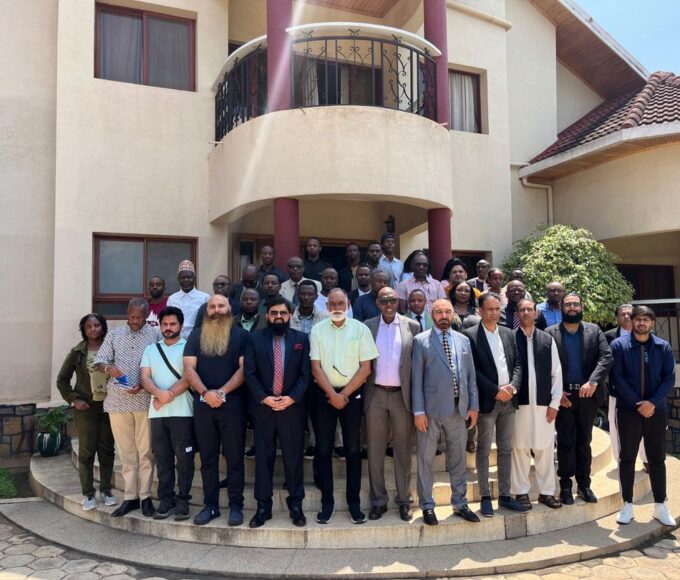
Leave a comment